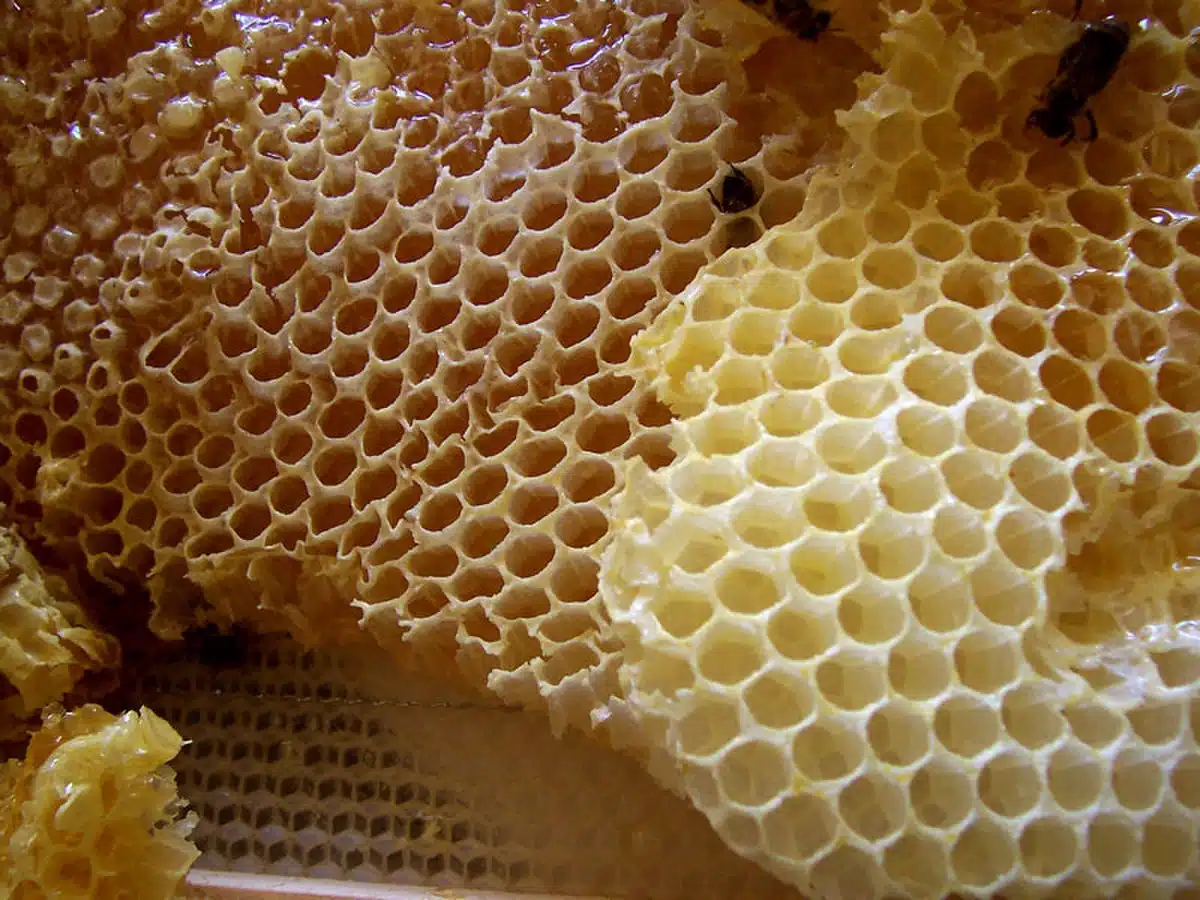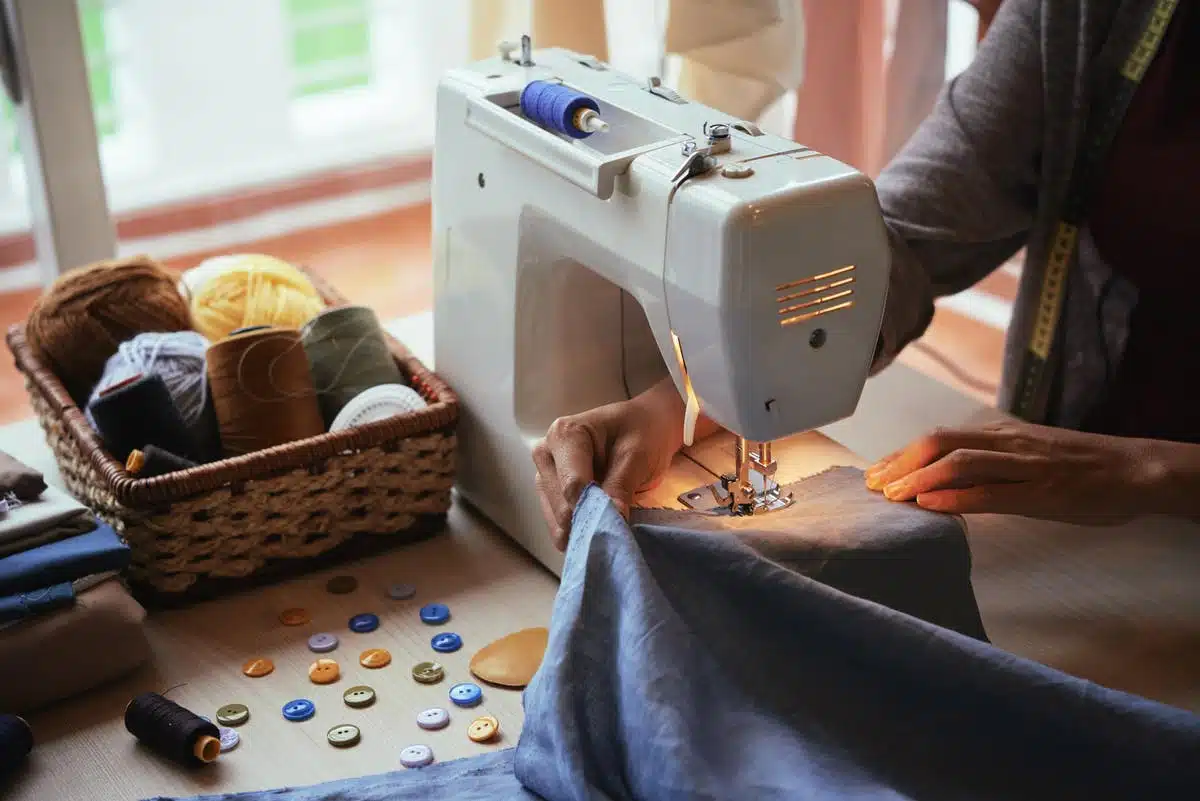Over the centuries, sewing has evolved from simple needle and thread to modern, high-performance machines. However, some ancient techniques, once essential, are gradually being forgotten. What if one of these could simplify your sewing projects?
Imagine an easy-to-apply trick that could improve the strength of your seams and save you precious time… Curious? You’ll be amazed by this forgotten method that deserves to be rediscovered!
Ancient know-how that is making a strong comeback
Modern sewing relies on sophisticated tools, but our grandmothers already had foolproof techniques for preventing tangled threads, reinforcing seams, and marking fabrics with ease. Today, we’re revealing a traditional method that can make all the difference in your creations.
The secret? Beeswax!

Before sewing, rub your thread on a piece of beeswax. This simple gesture, passed down from generation to generation, strengthens the thread, protects it from wear and prevents unwanted knots . The result? Smoother sewing and stronger stitches.
5 Old-Fashioned Sewing Tips You Absolutely Need to Know

Use dry soap to mark fabric
If you don’t have chalk or an erasable marker on hand, a simple bar of dry soap can do the trick. It leaves a visible mark that disappears in the wash, without staining your fabric. Clever and economical!
Reinforce your seams with backstitching
To prevent your seams from unraveling over time , finish each row of stitches with a backstitch of a few inches. This technique, called backstitching, adds strength to your clothing and textile creations.
Position your pins diagonally
Placing pins at an angle instead of perpendicular to the seam helps the fabric stay in place better and reduces slippage . It also makes them easier to remove when sewing, preventing shifts and unevenness .
Tie strong knots effortlessly
An old trick is to wrap the thread around the needle several times before pulling, forming a strong, tight knot . This helps prevent the thread from unraveling in the first wash and ensures a clean, crisp finish.
Turn the safety pin hole around
Did you know that the small hole at the end of a safety pin has a very practical purpose? It allows you to thread a thread or a small cord through it to more easily guide an elastic band or ribbon into a casing (such as the waistband of pants or a skirt). By securely attaching the thread to the hole, you gain precision and prevent the pin from slipping inside the fabric. A discreet detail, but terribly useful!
Adopt these tips and transform your sewing!

Traditional methods are often the most effective . Rediscovering these little tricks will not only allow you to improve your technique , but also to appreciate the art of sewing even more.
Whether you’re a beginner or experienced, these tips will help you gain accuracy and speed .
So, ready to try these forgotten sewing secrets? Grab your needles!












0 comments:
Post a Comment